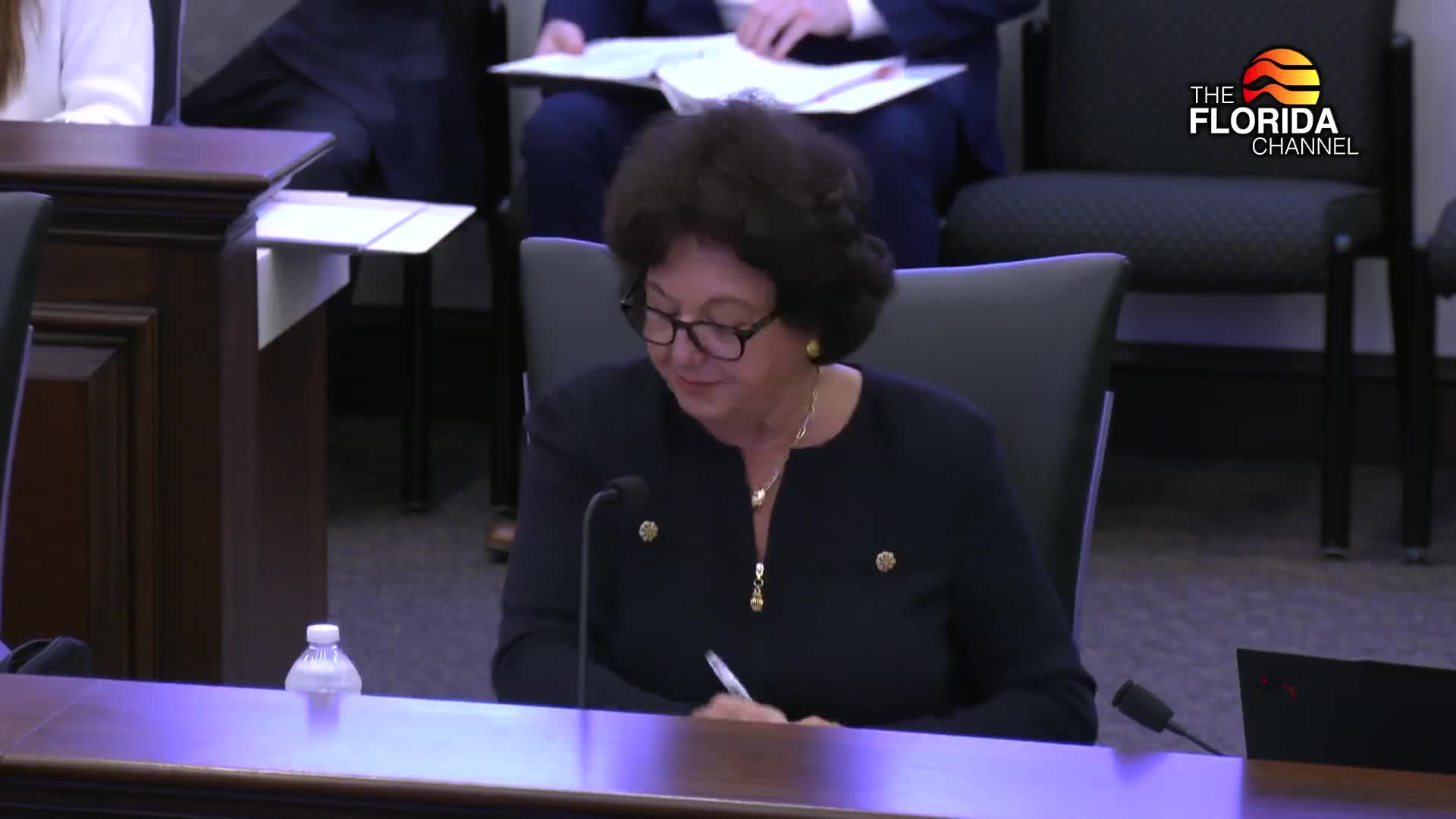Article not found
This article is no longer available. But don't worry—we've gathered other articles that discuss the same topic.
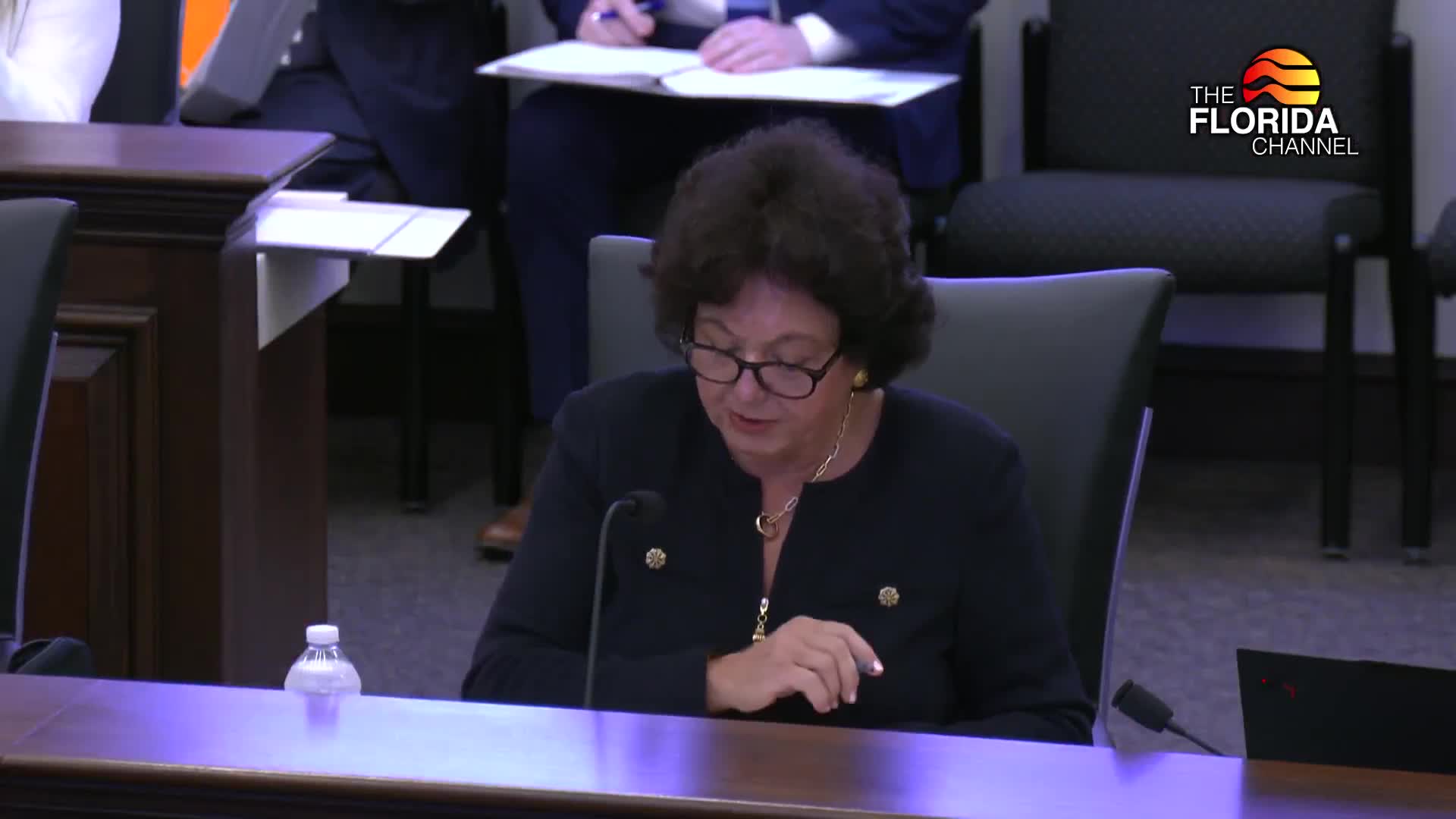
Rules Committee roundup: how the committee voted on a dozen bills (May 20, 2025)
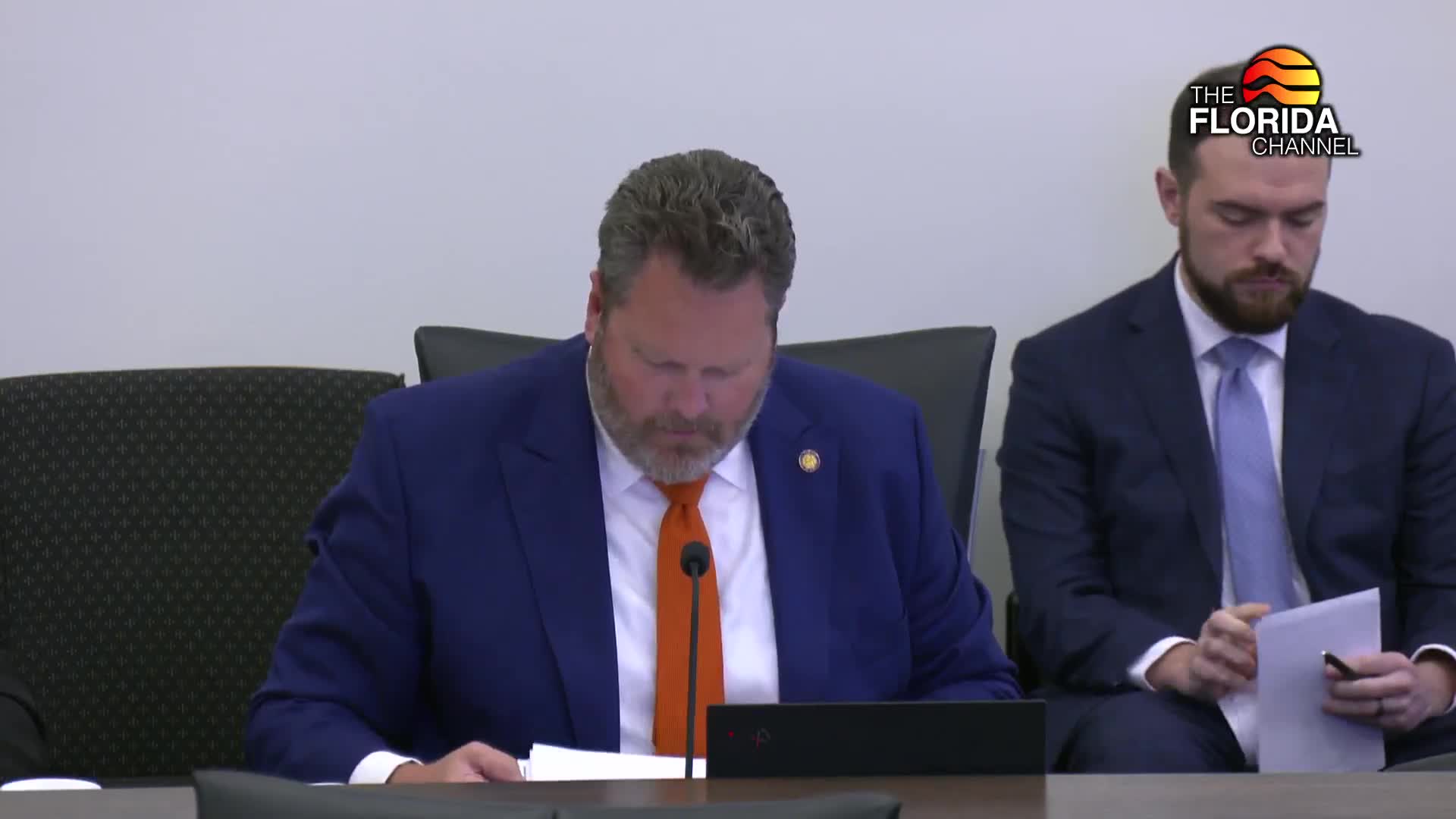
Committee advances bill preempting local single‑use packaging rules, creates limits on new incinerator permits near homes and schools
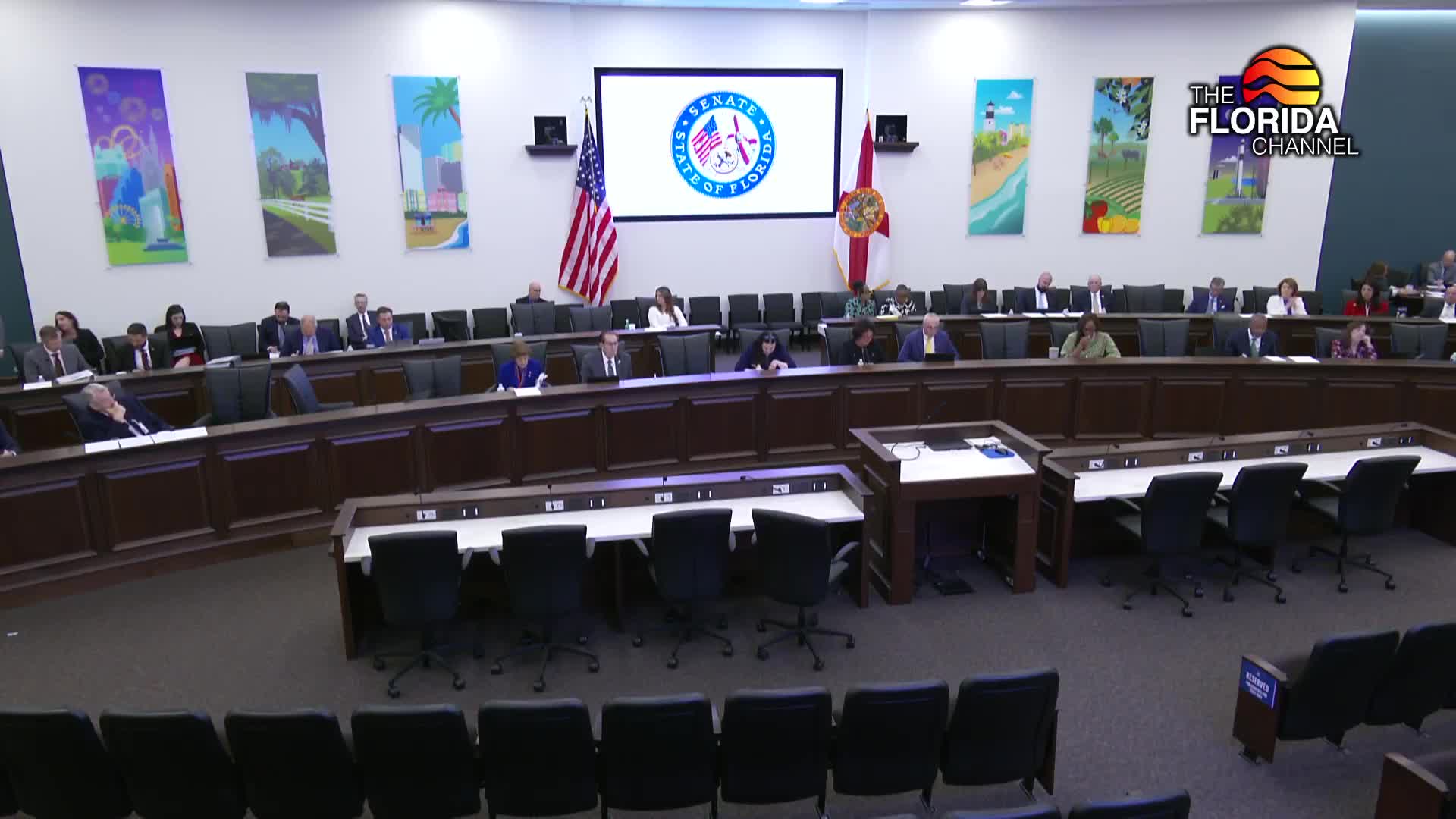
Committee advances bill to regulate certain stem‑cell therapies in Florida, requires informed‑consent standards
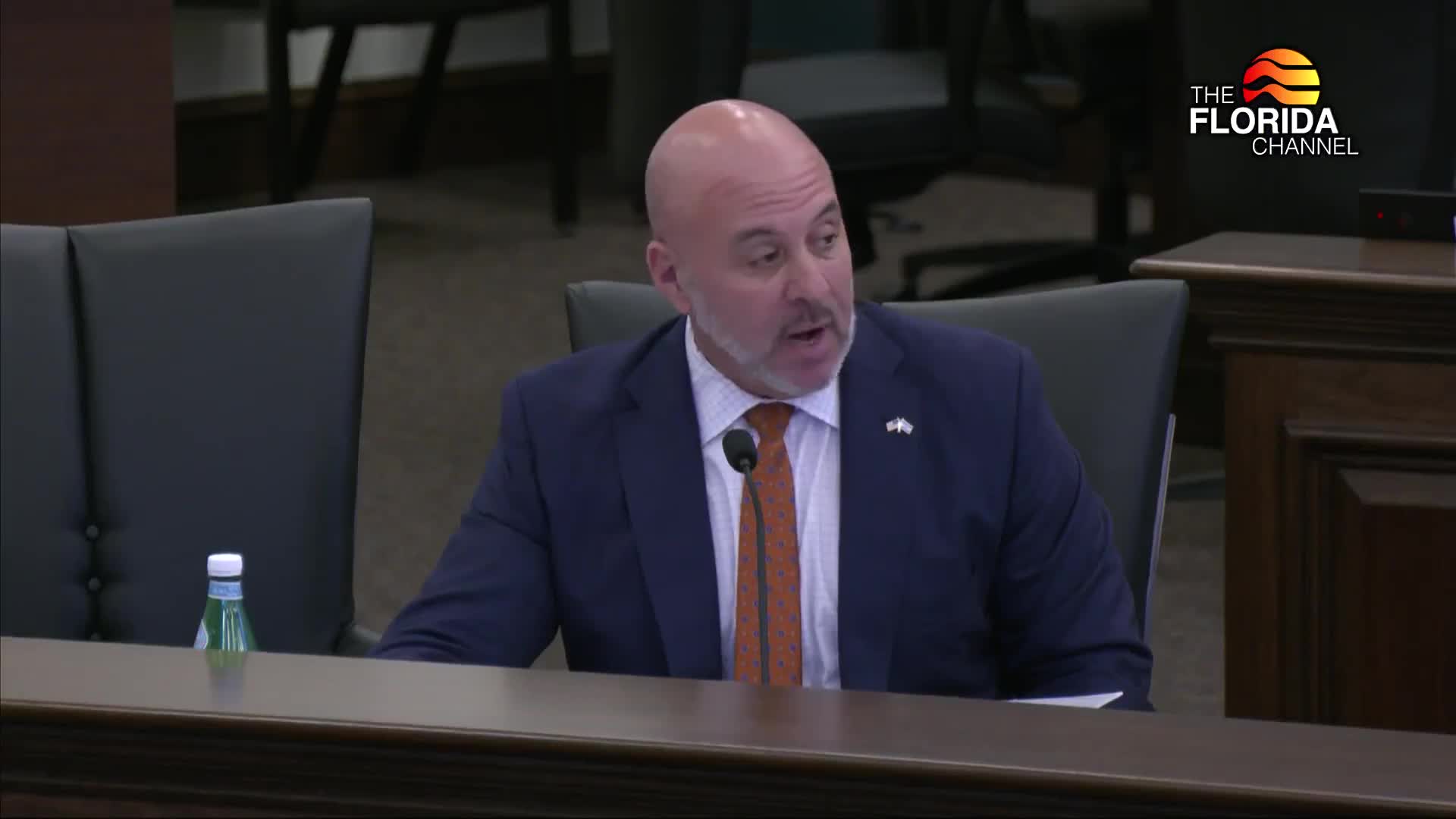
Senate committee advances bill requiring social platforms to assist law enforcement in certain child-exploitation probes, sparks free‑speech and encryption push
